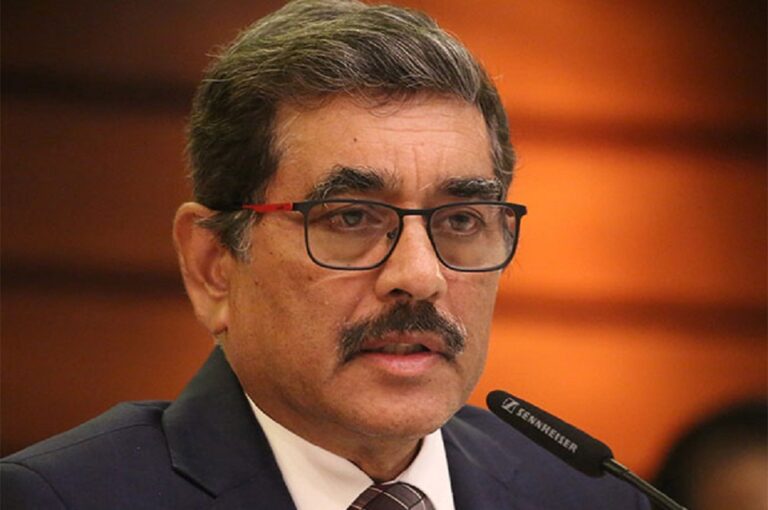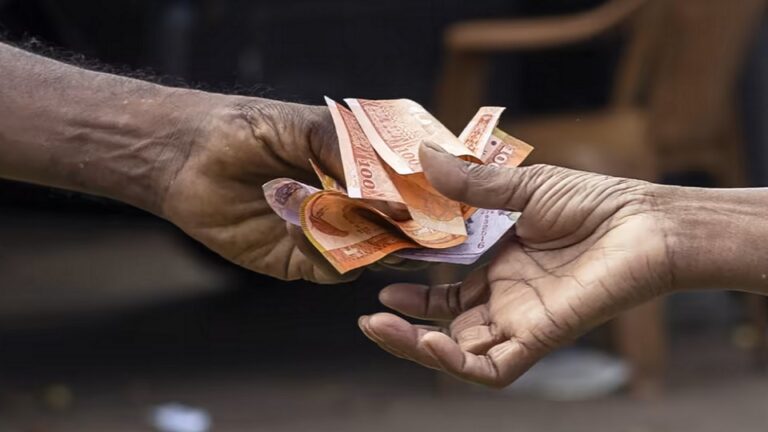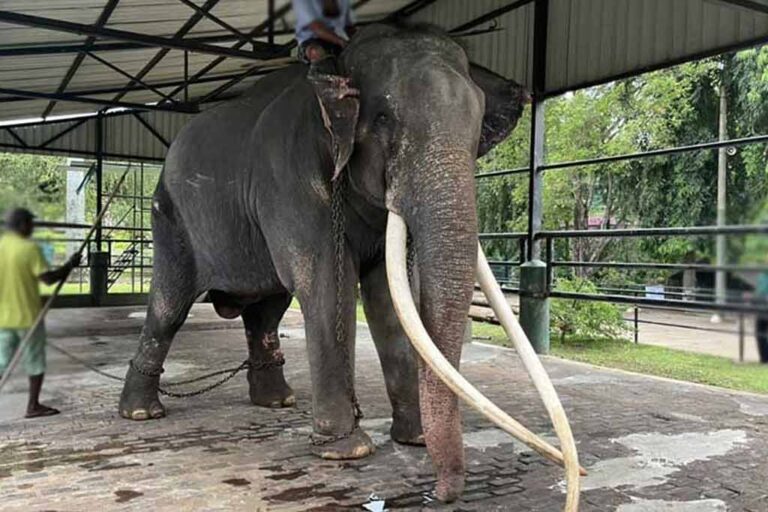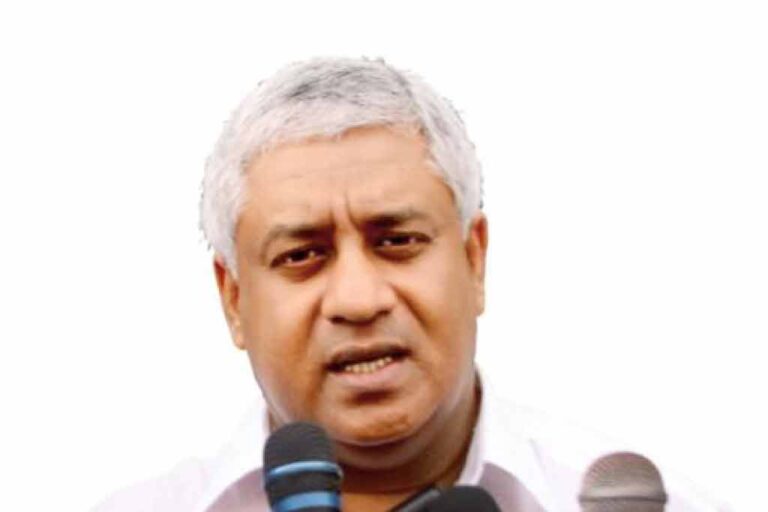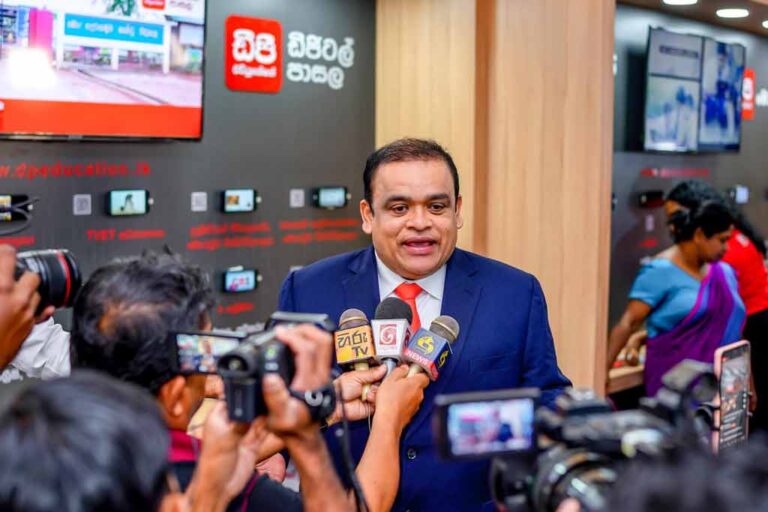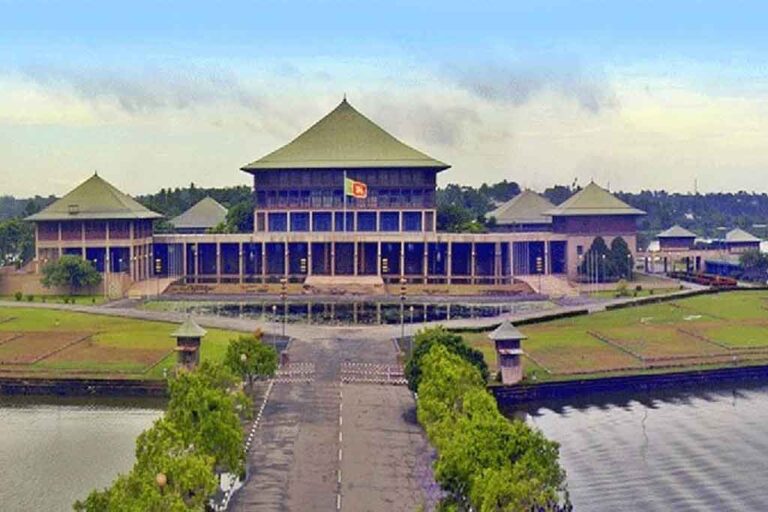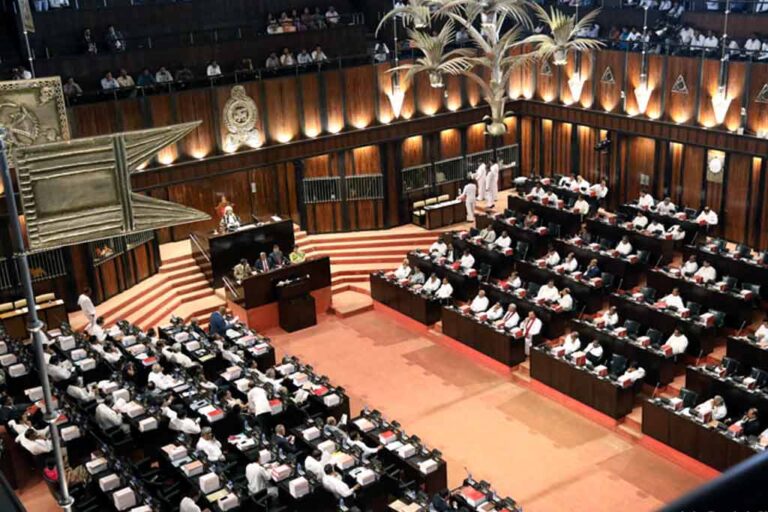Sri Lankan spinner Wanindu Hasaranga has been reprimanded for breaching Level 1 of the ICC Code of Conduct during the 2023 World Cup qualifier match against the Netherlands on Friday at Queen’s Sports Club in Bulawayo.
Hasaranga was found to have breached Article 2.2 of the ICC Code of Conduct for Players and Player Support Personnel, which relates to “abuse of cricket equipment or clothing, ground equipment or fixtures and fittings during an International Match.”
In addition to this, one demerit point has been added to Hasaranga’s disciplinary record, for whom it was the second offence in a 24-month period, taking his number of demerit points to two.
As per the ICC rule, when a player reaches four or more demerit points within a 24-month period, they are converted into suspension points and a player is banned.
The incident occurred after Hasaranga was dismissed in the 33rd over by Bas de Leede. While walking back to the pavilion, he hit the boundary skirtings with his bat in an aggressive manner.
| Photo Credit: Getty Images
Sri Lankan spinner Wanindu Hasaranga has been reprimanded for breaching Level 1 of the ICC Code of Conduct during the 2023 World Cup qualifier match against the Netherlands on Friday at Queen’s Sports Club in Bulawayo.
Hasaranga was found to have breached Article 2.2 of the ICC Code of Conduct for Players and Player Support Personnel, which relates to “abuse of cricket equipment or clothing, ground equipment or fixtures and fittings during an International Match.”
In addition to this, one demerit point has been added to Hasaranga’s disciplinary record, for whom it was the second offence in a 24-month period, taking his number of demerit points to two.
As per the ICC rule, when a player reaches four or more demerit points within a 24-month period, they are converted into suspension points and a player is banned.
The incident occurred after Hasaranga was dismissed in the 33rd over by Bas de Leede. While walking back to the pavilion, he hit the boundary skirtings with his bat in an aggressive manner.
“Hasaranga admitted the offence and accepted the sanction proposed by Shaid Wadvalla of the Emirates ICC International Panel of Match Referees, so there was no need for a formal hearing,” ICC states in its release.
On-field umpires Martin Saggers and Greg Brathwaite, third umpire Jayaraman Madanagopal and fourth umpire Asif Yaqoob levelled the charge.
Source: Sports Star (The Hindu)



